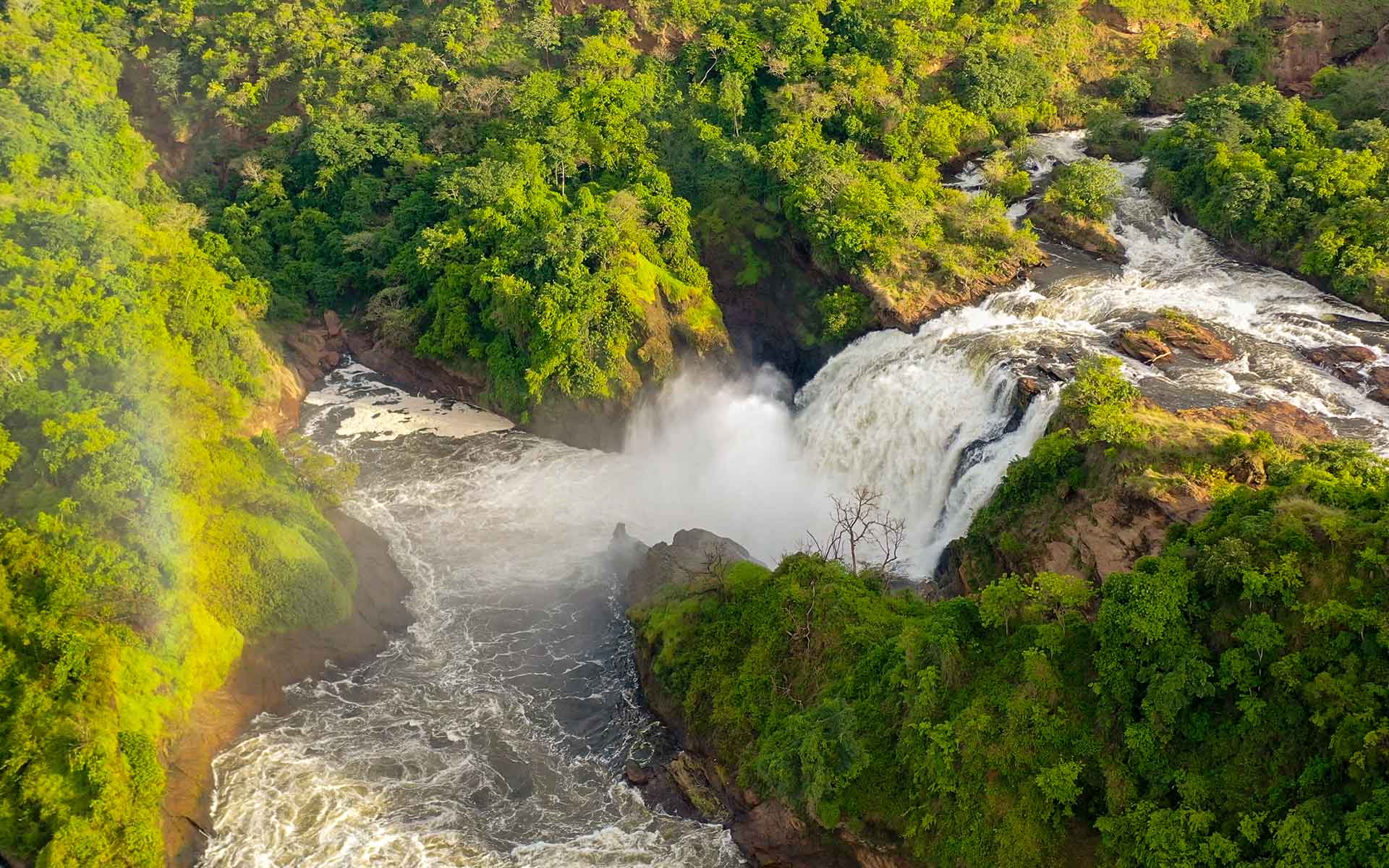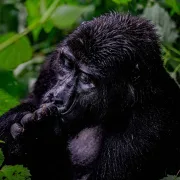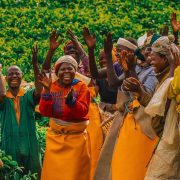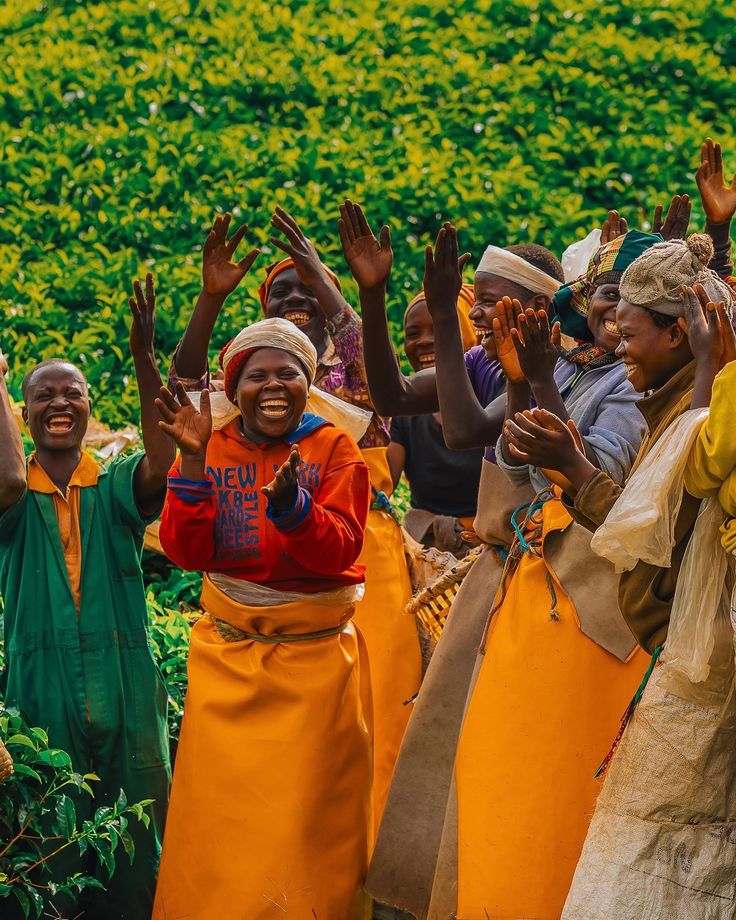
Community Tourism: How Your Safari Supports Local Communities
Discover how your East African safari creates a lasting positive impact beyond the wildlife experience
When you embark on a safari with Raja Safari Holidays, you’re not just witnessing the incredible wildlife of East Africa – you’re becoming part of a powerful movement that transforms lives and preserves cultures. Community tourism has emerged as one of the most meaningful ways to travel, creating a ripple effect of positive change that extends far beyond your safari experience.
The True Impact of Your Safari Dollar
Every safari booking with Raja Safari Holidays directly contributes to local community development. But how exactly does this work? When you choose community-focused tourism, your travel investment flows through multiple channels that strengthen local economies and preserve traditional ways of life.
Direct Employment Opportunities: Your safari creates jobs for local guides, trackers, cooks, camp staff, and drivers. These aren’t just temporary positions – they’re career opportunities that allow community members to support their families while sharing their deep knowledge of the land and wildlife. Our Ugandan guide, George, has been with Raja Safari Holidays for some time now, using his earnings to send three children to university while maintaining his family’s traditional cattle-herding practices.
Women’s Cooperative Support: Many of our safari routes include visits to women’s cooperatives where local artisans create beautiful beadwork, textiles, and crafts. In Uganda, the Batwa women near Bwindi Impenetrable Forest create intricate baskets and pottery, while Kenyan and Tanzanian cooperatives produce stunning beadwork and jewelry. When you purchase these authentic souvenirs, you’re directly supporting female entrepreneurs who often serve as the primary income earners for their families. The Shanga Cooperative in northern Tanzania, which we regularly visit, employs over 100 people with disabilities, creating stunning jewelry and home décor items.

Cultural Preservation Through Tourism
Community tourism serves as a vital bridge between traditional cultures and the modern world, ensuring that ancient practices and knowledge systems survive for future generations.
Traditional Knowledge Sharing During cultural visits arranged by Raja Safari Holidays, community elders share traditional medicines, conservation practices, and survival skills that have been passed down for generations. In Uganda’s Bwindi region, Batwa pygmy elders demonstrate ancient forest survival techniques and herbal medicine knowledge. Kenyan Masai communities share traditional livestock management practices, while Tanzanian Hadzabe hunters teach traditional tracking skills. This exchange not only enriches your safari experience but also validates and preserves indigenous knowledge that might otherwise be lost to modernization.
Language and Storytelling Our community visits often include storytelling sessions where elders share oral histories in local languages like Kiswahili, Luo, Masai, Luganda, or Rukiga. In Uganda, Batwa communities share creation stories and forest legends, while Kenyan and Tanzanian communities offer different cultural perspectives through their oral traditions. These sessions help keep languages alive while offering visitors authentic insights into local worldviews and traditions.
Education and Healthcare Initiatives
Tourism revenue generated through responsible operators like Raja Safari Holidays often funds critical community infrastructure projects.
School Support Programs. Many conservancies and community areas use tourism income to build and maintain schools. During your safari, you might visit a school supported by tourism revenue, where you can see firsthand how your trip contributes to children’s education. Some of our clients have even established ongoing relationships with schools, sending supplies and supporting scholarship programs.
Mobile Health Clinics In remote areas where our safaris operate, tourism revenue often funds mobile health clinics that serve scattered communities. These clinics provide essential healthcare services, maternal care, and vaccination programs that might otherwise be inaccessible.
Conservation Through Community Involvement
Perhaps the most significant impact of community tourism is its role in wildlife conservation. When local communities have economic incentives to protect wildlife, conservation becomes a shared priority rather than an external mandate.
Community Conservancies Many of our safari destinations are community conservancies where local people have chosen to set aside traditional lands for wildlife conservation in exchange for tourism revenue. Uganda’s community conservancies around Bwindi and Queen Elizabeth National Park demonstrate how gorilla and chimpanzee tourism revenue supports local communities. The Maasai Mara’s surrounding conservancies in Kenya are perfect examples of pastoralist communities receiving lease payments and employment opportunities while wildlife populations thrive. In Tanzania, community wildlife management areas show similar success stories where local communities benefit directly from conservation efforts.
Human-Wildlife Conflict Mitigation Tourism revenue helps fund programs that reduce human-wildlife conflict, such as building predator-proof livestock enclosures and providing compensation for crop damage. This creates a situation where communities see wildlife as an asset rather than a threat.
Sustainable Agriculture and Food Security
Community tourism also supports sustainable agriculture initiatives that improve food security while providing fresh, local ingredients for safari camps and lodges.
Organic Farming Projects Many communities near our safari routes have developed organic farming projects that supply vegetables and grains to tourism facilities. This creates local markets for agricultural products while reducing the environmental impact of food transportation.
Traditional Crop Varieties Tourism interest in authentic local cuisine has helped preserve traditional crop varieties and cooking methods that might otherwise disappear. In Uganda, visitors’ enthusiasm for dishes like matooke (steamed bananas), groundnut sauce, and millet bread encourages communities to maintain these culinary traditions. Similarly, Kenyan ugali and nyama choma, and Tanzanian pilau and mishkaki remain popular due to tourist interest, supporting traditional food systems across the region.
How Raja Safari Holidays Maximizes Community Impact
At Raja Safari Holidays, we’ve developed specific strategies to ensure your safari dollar creates maximum positive impact:
Local Sourcing Commitment We prioritize sourcing supplies, food, and services from local communities whenever possible. This keeps tourism revenue circulating within local economies rather than flowing to distant suppliers.
Fair Wage Standards All our local partners and employees receive fair wages that reflect the value of their skills and knowledge. We regularly review compensation to ensure it meets or exceeds local standards.
Capacity Building Programs We invest in training programs that help community members develop tourism-related skills, from guiding and hospitality to business management and language skills.
Cultural Sensitivity Training Our staff receive ongoing training on cultural sensitivity to ensure all interactions respect local customs and traditions.
The Multiplier Effect
The beauty of community tourism lies in its multiplier effect. When you stay at a community-owned lodge or purchase crafts from local artisans, that money doesn’t stop there. It gets spent on school fees, medical care, household necessities, and local services, creating a cycle of economic activity that benefits entire communities.
Research shows that community-based tourism can generate up to four times more local economic impact than conventional tourism models. This means your safari investment continues working long after you return home.
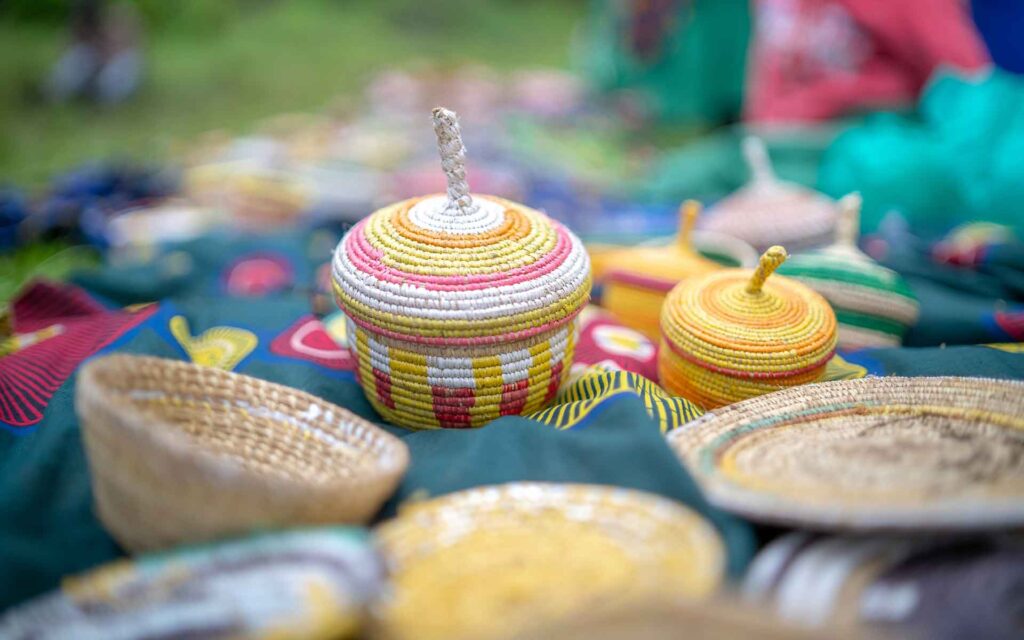
Making Your Impact Even Greater
While simply choosing Raja Safari Holidays ensures your trip supports local communities, there are additional ways to maximize your positive impact:
- Pack for Purpose: Bring school supplies, medical items, or other needed materials to donate during community visits
- Purchase Local Crafts: Buy authentic souvenirs directly from artisans rather than mass-produced items
- Engage Meaningfully: Ask questions during cultural visits and show genuine interest in local customs and traditions
- Share Stories: Help spread awareness about community tourism benefits through your social media and travel stories
- Return Visits: Many of our clients develop ongoing relationships with communities they visit, returning to see how their contributions have made a difference
Looking Forward: Sustainable Tourism for Future Generations
Community tourism represents more than just a feel-good travel option – it’s a model for sustainable development that benefits wildlife, communities, and visitors alike. By choosing Raja Safari Holidays for your East African adventure, you’re investing in a future where tourism serves as a force for positive change.
Your safari experience becomes part of a larger story of conservation success, cultural preservation, and community empowerment. Every game drive, every cultural visit, and every night spent under the African stars contributes to this ongoing story of positive transformation.
Ready to Make a Difference?
Experience the magic of East Africa while creating lasting positive impact. Contact Raja Safari Holidays today to plan your community-focused safari adventure. Together, we can explore the wonders of the wild while supporting the communities that call this incredible region home.
Book your transformative safari experience with Raja Safari Holidays – where every journey creates positive change.
Raja Safari Holidays specializes in responsible safari experiences throughout East Africa, partnering with local communities to create authentic, impactful travel experiences that benefit wildlife, communities, and visitors alike.
Recent Posts
Uganda vs. Rwanda for Gorilla Trekking: An Honest Comparison
Why Uganda’s Birding Scene Rivals Any in the World
Community Tourism: How Your Safari Supports Local Communities
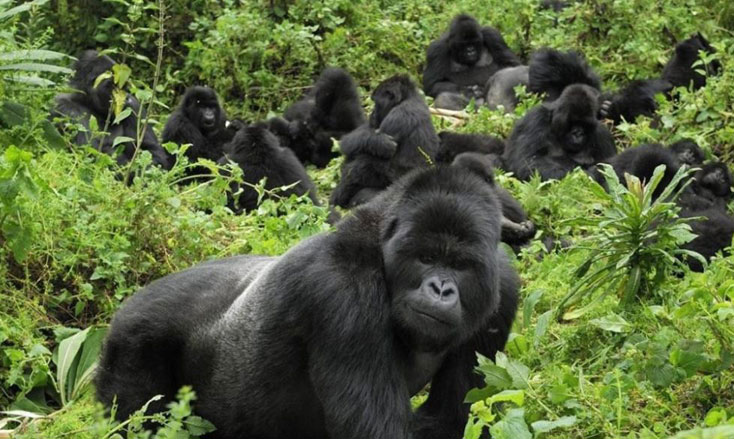
Uganda
